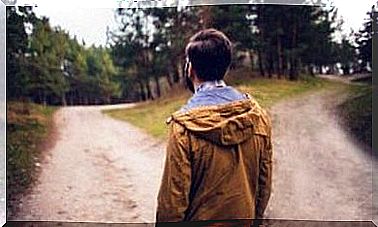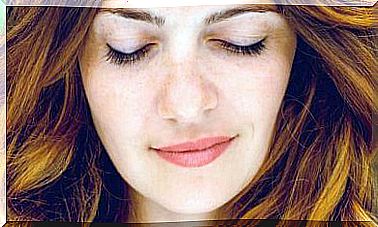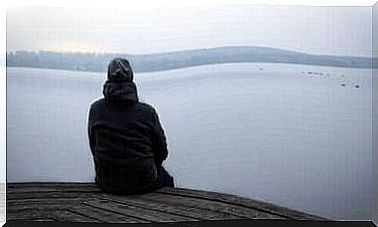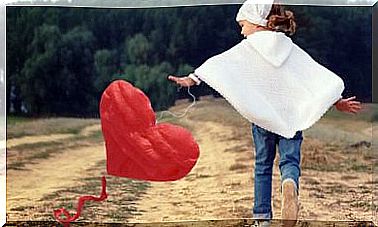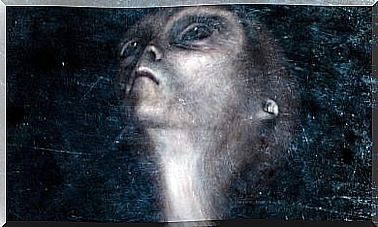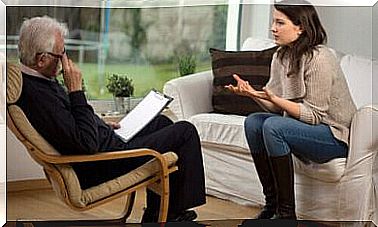Transactional Analysis And Ego States
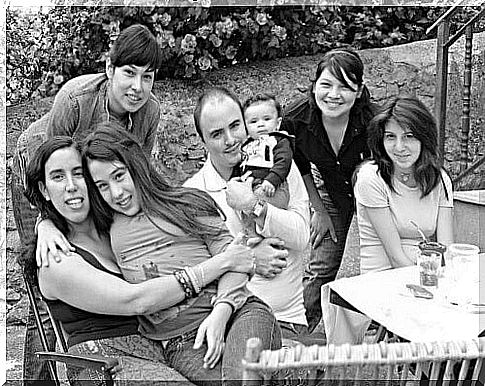
Transactional analysis belongs to the current of humanistic psychology. It was invented in the 1950s by the psychiatrist Eric Berne (1910-1970).
Through his theory of ego states, we can better understand the social relationships and conflicts that occur in them.
An ego state is a way of behaving, which will be, in one way or another, dependent on emotions and our way of thinking at that moment. The way we are treated also makes us react differently.
Transactional analysis: the three ego states
It is a state in which we act, think or speak with the models we have acquired from our parents or from an important authority figure in our childhood.
They taught us what is right and what is wrong, how to live, to feel, what to believe. All this has been recorded and in each of us there is an “inner parent”.
Depending on how we have been treated, this figure can be critical, such as a rigid, inflexible, authoritarian, angry, serious, judgmental, guilty father, etc … but if we have been lucky enough to have loving parents, when we will be in the state of ‘I Parent, we will behave in a flexible, encouraging, cooperative way, we will give positive inputs, etc.
It all depends on the patterns we acquired in childhood. Your Parenting ego state will be like a copy of what you saw and replicated during your childhood.
It is the most rational and realistic state. A state in which information is analyzed, put in order and made decisions that we think are the safest, without being influenced by emotions or rules.
It focuses on “what needs to be done” and not “what you want to do”. The reactions of the adult are the ideal ones for every conversation to be fluid and positive. It is the state that reduces conflicts and restores well-being to situations.
The adult is the one who thinks and reasons in a realistic way. The other two states of parent and child are more dominated by emotions and instinctive reactions.
A person who acts according to the state of the Adult Ego will show himself to be sincere, human, respectful, flexible, empathetic, decisive. It is the most rational and efficient state, because it is based on logic without letting emotions affect intelligent thinking.
It is the state most dominated by desires, impulses, dreams, spontaneity, creativity and enthusiasm. It is about that spontaneous part and the natural impulses of a person. Furthermore, the Child Ego, if it has been hurt, has its insecure, shy, fearful, cruel, selfish side.
When we are in this state, we will react as when we were children, with a lot of imagination and little rationality.
This is not a bad state. Repressing our inner child has negative consequences. You have to let it come out, feel it, have fun. If you take care of this state, instead of repressing it, the adult part will develop in a healthy way. We all have within us the child that we were.
Usually we all have the three ego states in us and we change them according to how we feel, how they treat us or the situation in which we find ourselves. You can switch from one state to another in seconds.
For example, we can maintain a balanced state of maturity with the Adult Self, but if someone treats us in an inappropriate way, we could move from the adult ego to the child ego or the parent ego, threatening, arguing or losing our temper. .
If we analyze the conversations, we will notice the state in which each person involved is communicating.
With all this theory we must not seek perfection, the ideal is to use it to avoid conflicts and negative relationships, since, if negative communication develops, it means that something is wrong in complementarity.
For example, if someone speaks in the Parent ego state and stands before a person in the Child ego state, they will be perfect, they will complete and everything will flow naturally; vice versa if two people find themselves talking in the state of the Parent Ego, they will collide and conflicts will arise, because both will want to be in control, impose their thoughts, etc …
Two people with the state of the Child Ego, will not have conflicts, there will be connection without any need to find complementarity.
With the adult ego state, generally there are no problems, you can interact with both the child ego and the parent ego, because there will be the ideal environment so that no conflicts are generated.
Image courtesy of Blisco_O and Lis
